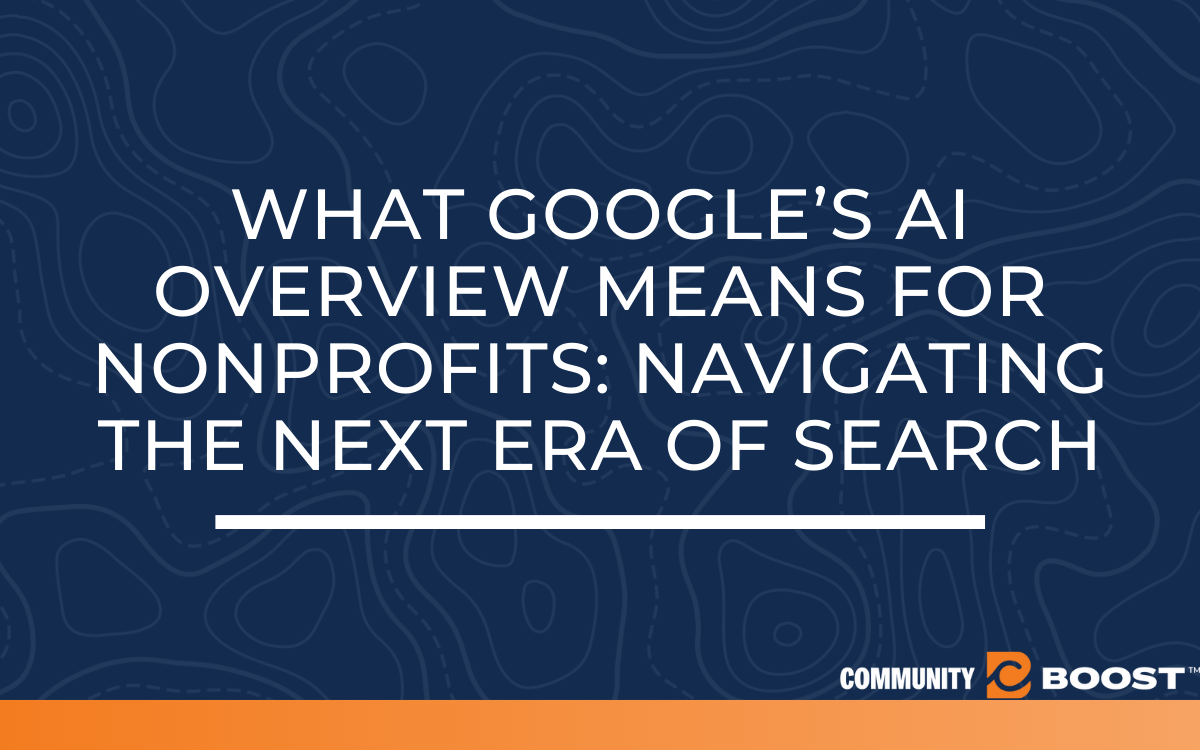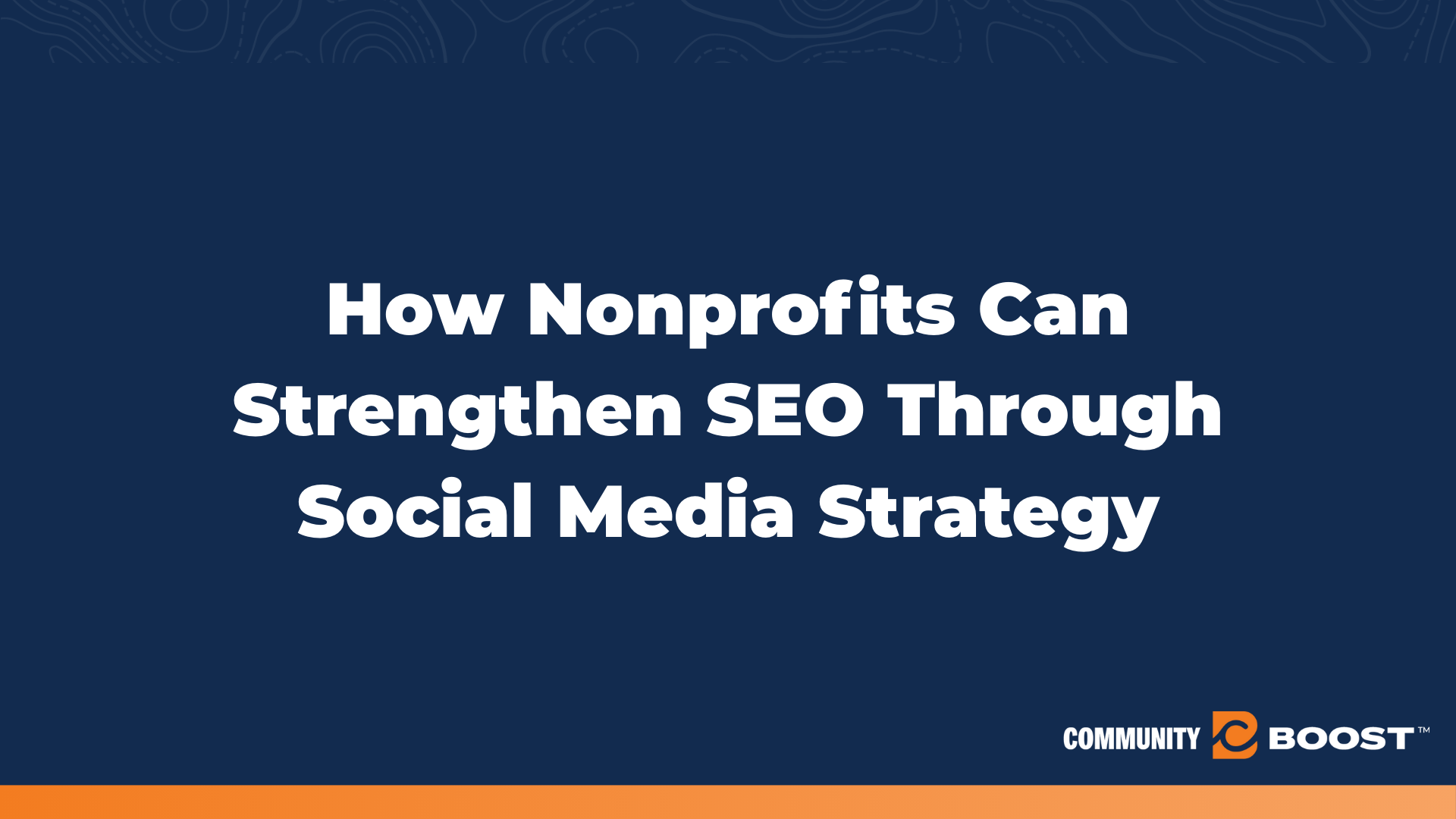5 Major Misconceptions About DEI
min to read ✭
There are plenty of misconceptions about DEI floating around online and in people’s daily lives. We’ve pulled the top 5 myths from the internet to debunk for you.
Myth 1: Diversity, equity, and inclusion are only for minority groups.
WRONG. Successful DEI initiatives support all members of an organization. Strong DEI programs help every employee feel safe in the workplace which leads to higher degrees of engagement, productivity, and innovations. These types of workplaces also have lower employee turnover rates.
Myth 2: DEI lowers hiring standards.
WRONG. There is the misconception that to hire diverse employees companies must lower their hiring standards, yet there is little evidence to support this concept. The National Center For Education Statistics shows that between 2015-16 women received the largest percentage of associate’s and bachelor’s degrees with Black women receiving the most degrees. For males, the Asian and Pacific Islander demographic received the highest number of degrees.
Myth 3: DEI is about exclusivity.
WRONG. DEI is not about attacking the white male. It is about ensuring that company culture allows everyone to thrive and contribute to your organization. It also goes hand in hand with understanding and acknowledging privileges that come with a certain race, gender, and religious identities as well as physical abilities.
Myth 4: Diversity is only about gender and race.
WRONG. Gender and race tend to be top of mind when discussing DEI, but diversity focuses on a variety of traits that can be seen and unseen. Traits like age, disability, general identity, sexual orientation, religious affiliation, and all other parts that make up a person’s identity is connected to diversity.
Myth 5: DEI is Human Resources responsibility.
WRONG. In order to successfully implement DEI solutions and learn company-wide, all members of an organization need to commit to seeing change. Executive leadership commitment is especially important in promoting DEI standards and philosophies.





